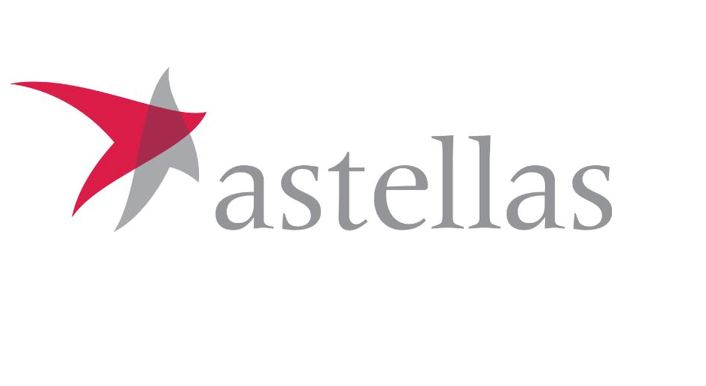Astellas doubles down on partnership and buys bioelectronics firm iota

Astellas Pharma is to buy bioelectronic medical devices firm iota Biosciences in a deal worth up to $429m, building on a previous research partnership.
In August last year the companies began a joint research and development agreement based around iota’s bioelectronic devices in several indications.
Bioelectronics is a field that has been investigated by Google’s life sciences division Verily, which co-founded Galvani Bioelectronics with GlaxoSmithKline in 2016.
The partnership focused on harnessing the body’s electrical signals to treat chronic diseases such as asthma, arthritis and gastrointestinal diseases.
Companies including AliveCor and Apple use bioelectronics to measure the heart rate and predict atrial fibrillation.
iota’s technology uses ultrasound as a power source and means of communication. Together with Astellas the pair will develop technology based around tiny millimetre-sized implantable medical devices, the companies said.
Astellas will pay $127.5 million up front to buy the remainder of the iota shares that it does not already own – the Japan-based pharma already has a stake after a US subsidiary invested in iota’s Series A stock offering.
Shareholders in iota could also receive additional payments of up to $176.5 million if pre-determined milestones are met before certain deadlines.
Upon completion iota will become a wholly-owned subsidiary of Astellas, which said it is also committing to spend a total of $125 million over the next five years to fuel iota’s “aggressive expansion”.
iota is a start-up founded in 2017 by Michel Maharbiz and Jose Carmena, who are both experts in the field of bioelectronics.
The company’s technology uses ultrasound to power miniature devices and enable wireless communication, allowing ultra-small, battery-free, wireless implantable medical devices.
Conventional implantable medical devices require batteries for power supply and wires or large electronic circuits to enable communications.
This has made size reduction difficult and has often resulted in highly invasive implant procedures.
iota's bioelectronic devices can be implanted through a less invasive operative procedure and promise improved effectiveness and reduced physical burden for the patients during and after surgery.
Since striking up the research partnership last year the companies have begun several projects, and clinical trials based on the technology are expected to begin in the next few years.
Astellas said it is still reviewing the financial impacts of the transaction for the fiscal year ending 31st March 2021.













